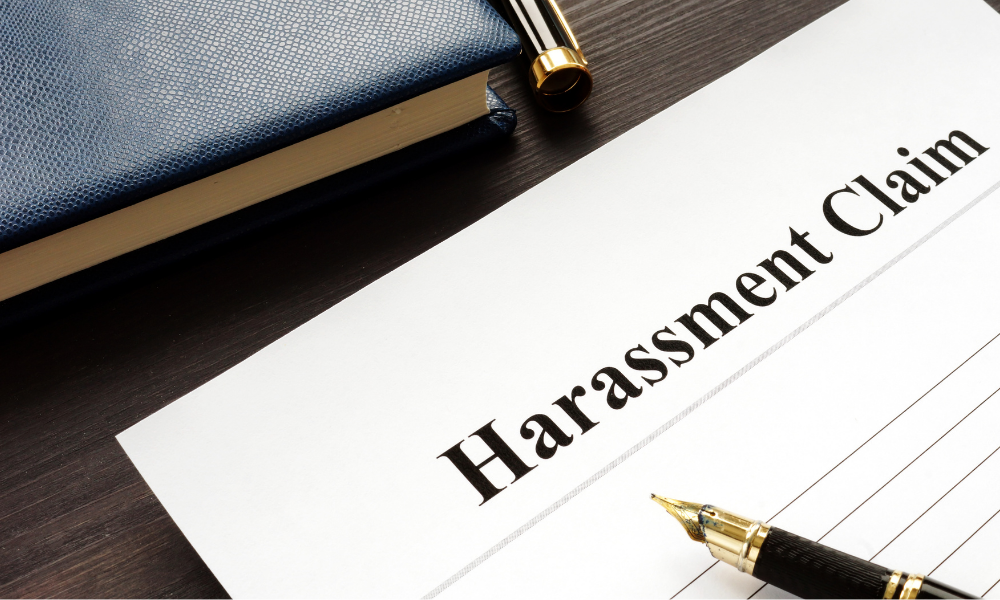
One in four women report having experienced inappropriate sexualized harassment

Abuse in the workplace is never acceptable – even if it is coming from the most senior people at the firm. When an allegation of harassment arises against a CEO or leading executive, it can often send the company into a tailspin. People, including HR leaders, panic – worries about both conducting a proper investigation and at the same time managing any reputational damage.
Just to gauge the scale of the problem, one in four women and one in six men in Canada reported having experienced inappropriate sexualized harassment at work. The issue is endemic – even in remote and hybrid models. So, what mistakes are you, as HR leaders, making when it comes to internal, senior-level investigations? And how can you rectify them before it’s too late?
Read more: Is HR ready for a four-day work week?
“The biggest mistake I’ve seen with HR leaders investigating the C-suite is a lack of trust,” Jay Polaki, founder of HR Geckos, told HRD. “By that I mean not establishing trust by being transparent through the entire process. Sometimes, employers make the awful mistake of inadvertently punishing the complainant instead of the aggressor by making it difficult for the complainant to work from the same workspace. The aggressor should be removed from the workspace - not the complainant.”
Employers need to ensure that they’re conducting a prompt investigation. Any inconsistencies in handling of similar complaints, especially with power differential being a big factor, need to be stamped out. It’s essential that HR follow the rule book to the letter – and not be persuaded by power, influence or bias. All of this begins with launching a fair trial and following your duty to investigate.
“The duty to investigate arises in two different contexts,” added Stuart Rudner, founder of Rudner Law, told HRD. “One is fairly specific: when there are allegations or even suspicions of harassment or sexual harassment, there is an absolute duty in every Canadian jurisdiction to engage in some sort of investigation.
“At a broader level, if there is a suspicion of misconduct, we always advise our employer clients to engage in an investigation before dismissing the employee. I won't say there's a legal duty to do so, but you can face additional liability if you go ahead with a termination and then a court decides that you’re wrong and that you failed to investigate first.”
Read more: Can I fire an employee for refusing a COVID-19 test?
Remember – misconduct is misconduct, no matter of the seniority of the employee in question. If an employee comes to you to report an intern or the CEO, you have the exact same responsibilities to conduct a fair, impartial, prompt investigation. Anything less than that will leave you open to retaliation lawsuits and hefty penalties.